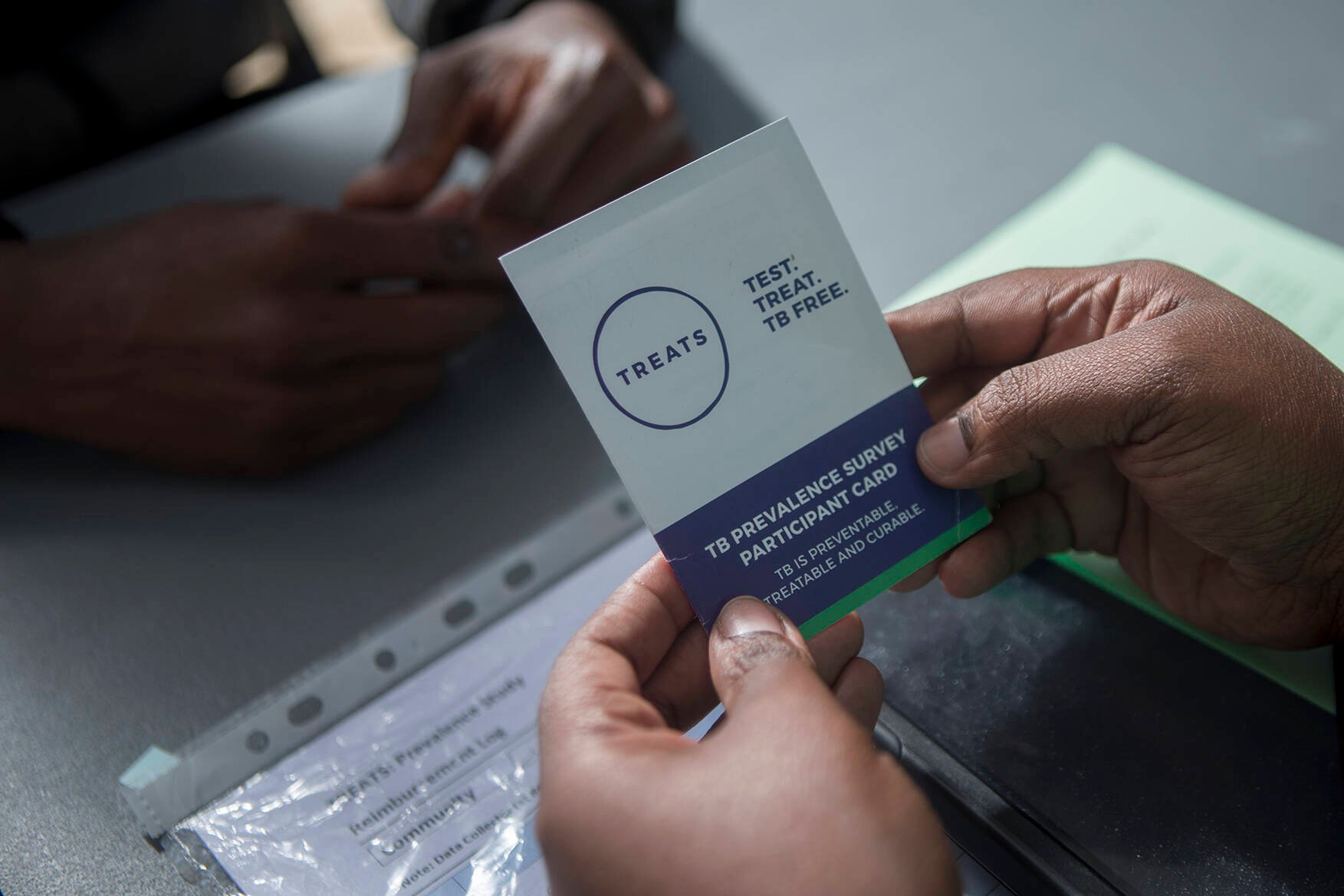
The study’s fieldwork was completed in June 2021 and initial findings were communicated at conferences (including the EDCTP Forum) in October 2021. Contrary to expectation, the PopART intervention was found to have had no impact on either the prevalence or incidence of TB. Possible explanations include the challenges associated with active TB case finding in communities, unexpected complexity in the impact of antiretroviral therapy on TB infection and disease, and the extended period between the completion of the PopART trial and the TREATS follow-up.
Nevertheless, the study was able to gather important information on sociocultural attitudes to TB and stigma in South Africa and Zambia. It also provided a platform for testing of novel TB diagnostics. In addition, the results have raised questions that will stimulate further research into the interactions between antiretroviral therapy in TB. The TREATS team also carried out a systematic review in 2021, compiling the evidence on whether TB screening improves individual outcomes, which highlighted the lack of high-quality data relating to patient outcomes.
From a policy perspective, the results do not undermine the value of universal test and treat as an HIV prevention strategy but do emphasise that additional efforts will still be required to tackle the TB pandemic.
scroll down
The EDCTP-funded TREATS study built on this foundation, aiming to determine whether the universal test-and-treat strategy had a similar impact on TB. Population screening should, in theory, improve detection of TB infections and timely start of treatment, thereby reducing the risk of transmission, and also reduce TB by preventing HIV infections, as people with HIV are at increased risk of TB.
The ground-breaking PopART study set out to evaluate whether a ‘universal test-and-treat’ strategy for HIV and TB, whereby all members of a community are screened for disease and referred for treatment when appropriate, would cut the number of cases of infection. The PopART study was focused primarily on HIV and found that the universal test and treat strategy reduced the incidence of HIV by 20%.
The TREATS study has found that a community-based approach shown to improve detection of HIV and prevention of HIV infection does not deliver similar benefits for TB.

‘Universal’ screening for HIV and TB
